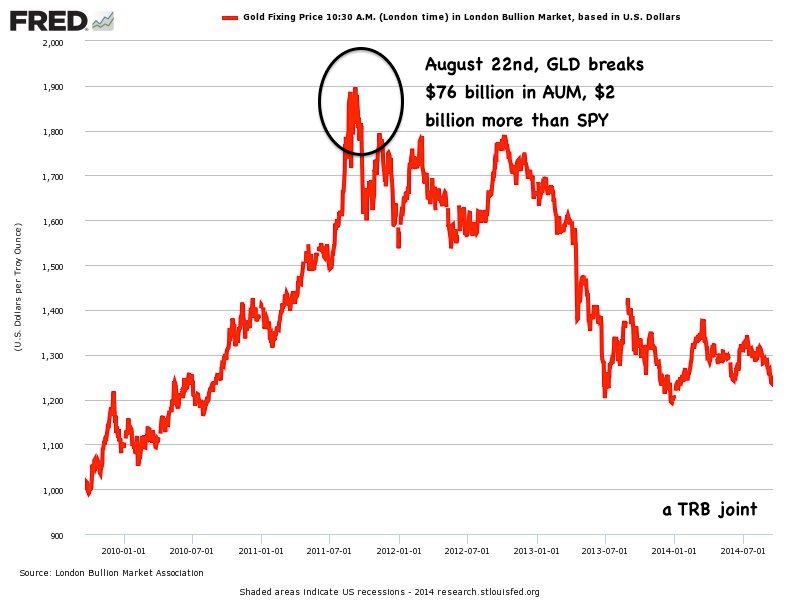https://www.sec.gov/Archives/edgar/data/915802/000091580216000166/stickerpathwayfundsliquidati.htm497
1 stickerpathwayfundsliquidati.htm
FINANCIAL INVESTORS TRUST
PATHWAY ADVISORS AGGRESSIVE GROWTH FUND
PATHWAY ADVISORS CONSERVATIVE FUND
Supplement dated June 20, 20
16
to the
Prospectus and Statement of Additional Information, each dated August 3
1, 20
15,
for the Pathway Advisors Aggressive Growth Fund and Pathway Advisors Conservative Fund,
each a series of Financial Investors Trust (the “Trust”)
The Board of Trustees (the “Board”) of the Trust, based upon the recommendation of Hanson McClain, Inc. (the “Adviser”), the investment adviser to the Pathway Advisors Aggressive Growth Fund and Pathway Advisors Conservative Fund (the “Funds”), each a series of the Trust, has determined to close and liquidate the Funds. The Board concluded that it would be in the best interests of each Fund and its shareholders that such Fund be closed and liquidated as series of the Trust effective as of the close of business on July
15, 20
16.
The Board approved a Plan of Termination, Dissolution and Liquidation (the “Plan”) that determines the manner in which each Fund will be liquidated. Pursuant to the Plan and in anticipation of each Fund’s liquidation, each Fund will be closed to new shareholder purchases effective as of the close of business on June 30, 20
16 and closed to all existing shareholder purchases on July 5, 20
16. However, any distributions declared to shareholders of a Fund after June 30, 20
16, and until the close of trading on the New York Stock Exchange on July
15, 20
16 will be automatically reinvested in additional shares of the Fund unless a shareholder specifically requests that such distributions be paid in cash. Although each Fund will be closed to any new purchases as of July 5, 20
16, you may continue to redeem your shares of a Fund after July 5, 20
16, as provided in the Prospectus. Please note, however, that each Fund will be liquidating its assets as of the close of business on July
15, 20
16.
Pursuant to the Plan, if a Fund has not received your redemption request or other instruction prior to the close of business on July
15, 20
16, the effective time of the liquidation, your shares will be redeemed, and you will receive proceeds representing your proportionate interest in the net assets of the Fund as of July
15, 20
16, subject to any required withholdings. As is the case with any redemption of fund shares, these liquidation proceeds will generally be subject to federal and, as applicable, state and local income taxes if the redeemed shares are held in a taxable account and the liquidation proceeds exceed your adjusted basis in the shares redeemed. If the redeemed shares are held in a qualified retirement account such as an IRA, the liquidation proceeds may not be subject to current income taxation under certain conditions. You should consult with your tax adviser for further information regarding the federal, state and/or local income tax consequences of this liquidation that are relevant to your specific situation.
All expenses incurred in connection with the transactions contemplated by the Plan, other than the brokerage commissions associated with the sale of portfolio securities, will be paid by the Adviser.
Please retain this supplement with your Prospectus and Statement of Additional Information.

